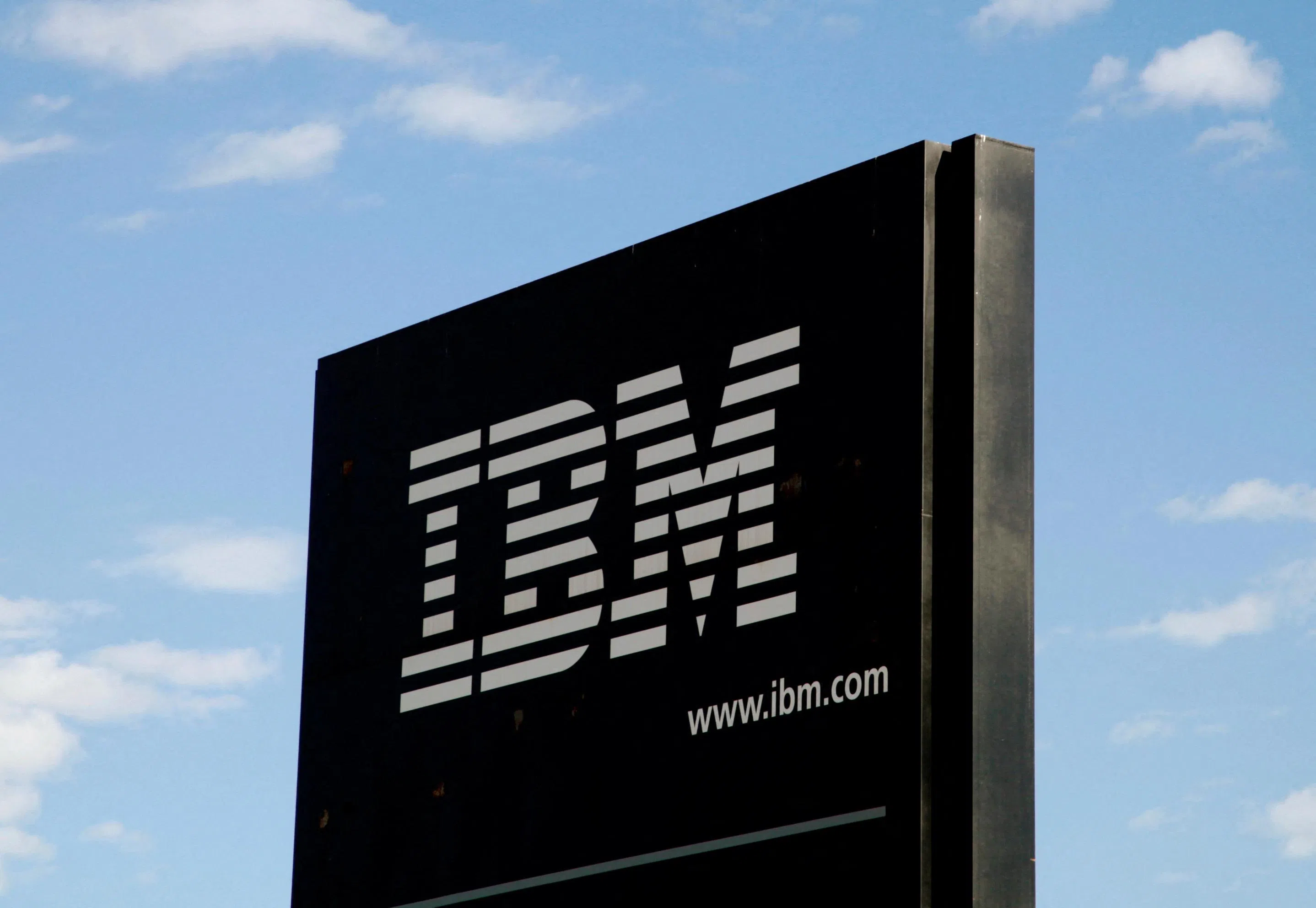INTERNATIONAL Business Machines (IBM) reported underwhelming sales as the company grapples with a slowdown in consulting demand.
Sales increased 1 per cent to US$15 billion, slightly missing the average estimate from analysts. Results were weighed down by a flat consulting business, which contributed US$5.2 billion in revenue.
Clients in that segment are not expanding budgets, and some generative artificial intelligence (AI) projects are coming at the expense of traditional consulting, chief financial officer Jim Kavanaugh said. They are opting to spend cautiously due to ongoing uncertainty about economic factors such as interest rates and geopolitical tensions, he added.
Expectations were high for IBM heading into earnings: The company’s stock climbed to an all-time record earlier this month on the back of enthusiasm about Big Blue’s software unit. The shares declined in extended trading on Wednesday (Oct 23) after closing at US$232.75.
In recent years, IBM has worked to transform itself from a conventional computer company into one focused on high-growth software and services. IBM has used acquisitions to expand its offerings, including a proposed takeover of Hashicorp announced in April and last year’s purchase of Apptio for US$4.6 billion.
Bookings for AI consulting and software have exceeded US$3 billion since mid-2023, the company said. That is up from the US$2 billion IBM disclosed during its last quarterly earnings report in July. About 80 per cent of the bookings come from consulting, with the rest from software, the company said.
Third-quarter software sales increased 9.7 per cent to US$6.5 billion, ahead of the average analyst estimate of US$6.4 billion. Growth for Red Hat, a business IBM acquired five years ago, jumped to 14 per cent.
Infrastructure revenue was down 7 per cent to US$3 billion, a steeper decline than expected. Kavanaugh said IBM is towards the end of its mainframe product cycle and plans to release a new one next year. BLOOMBERG



